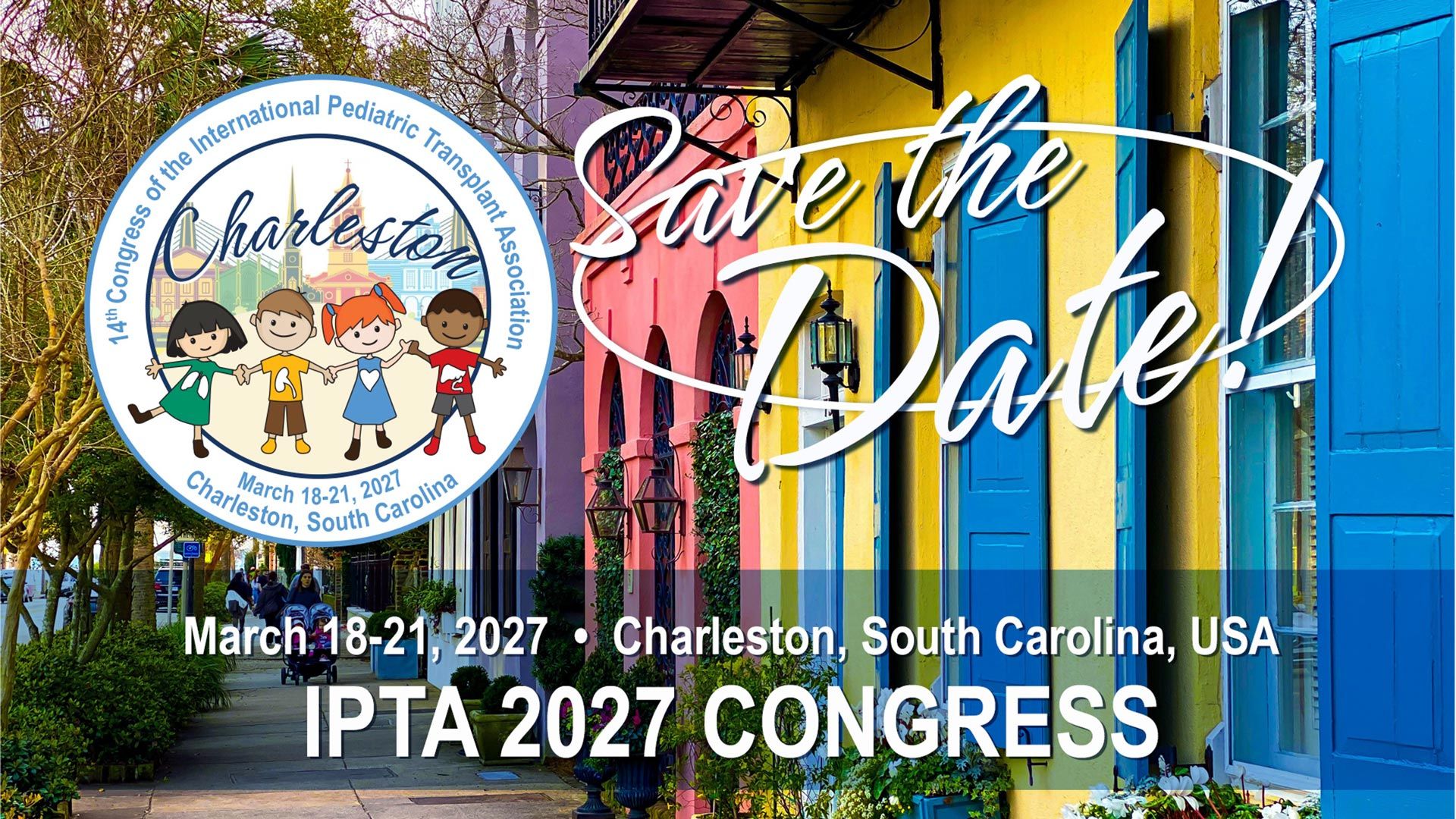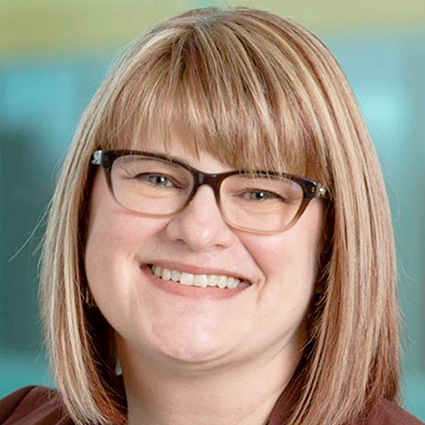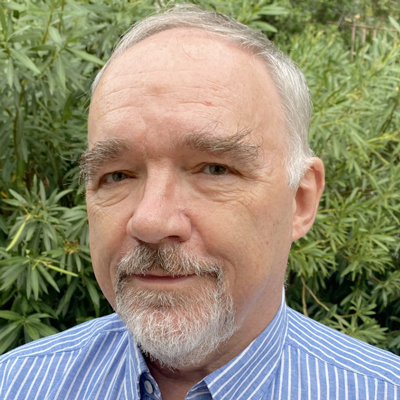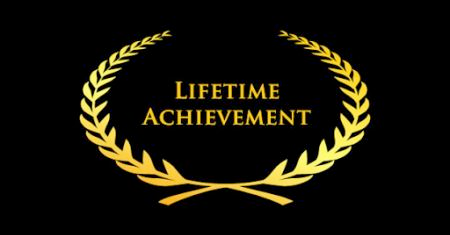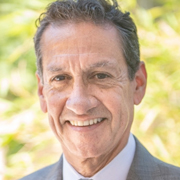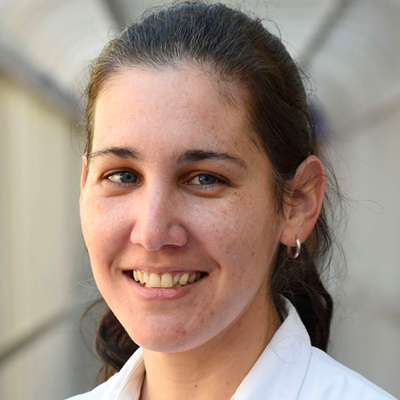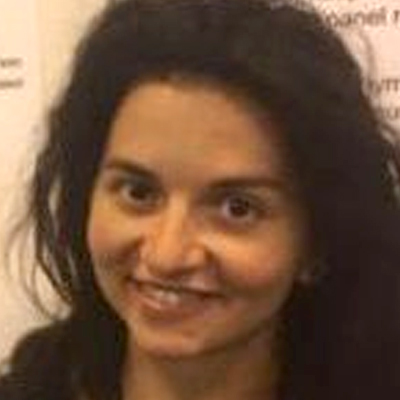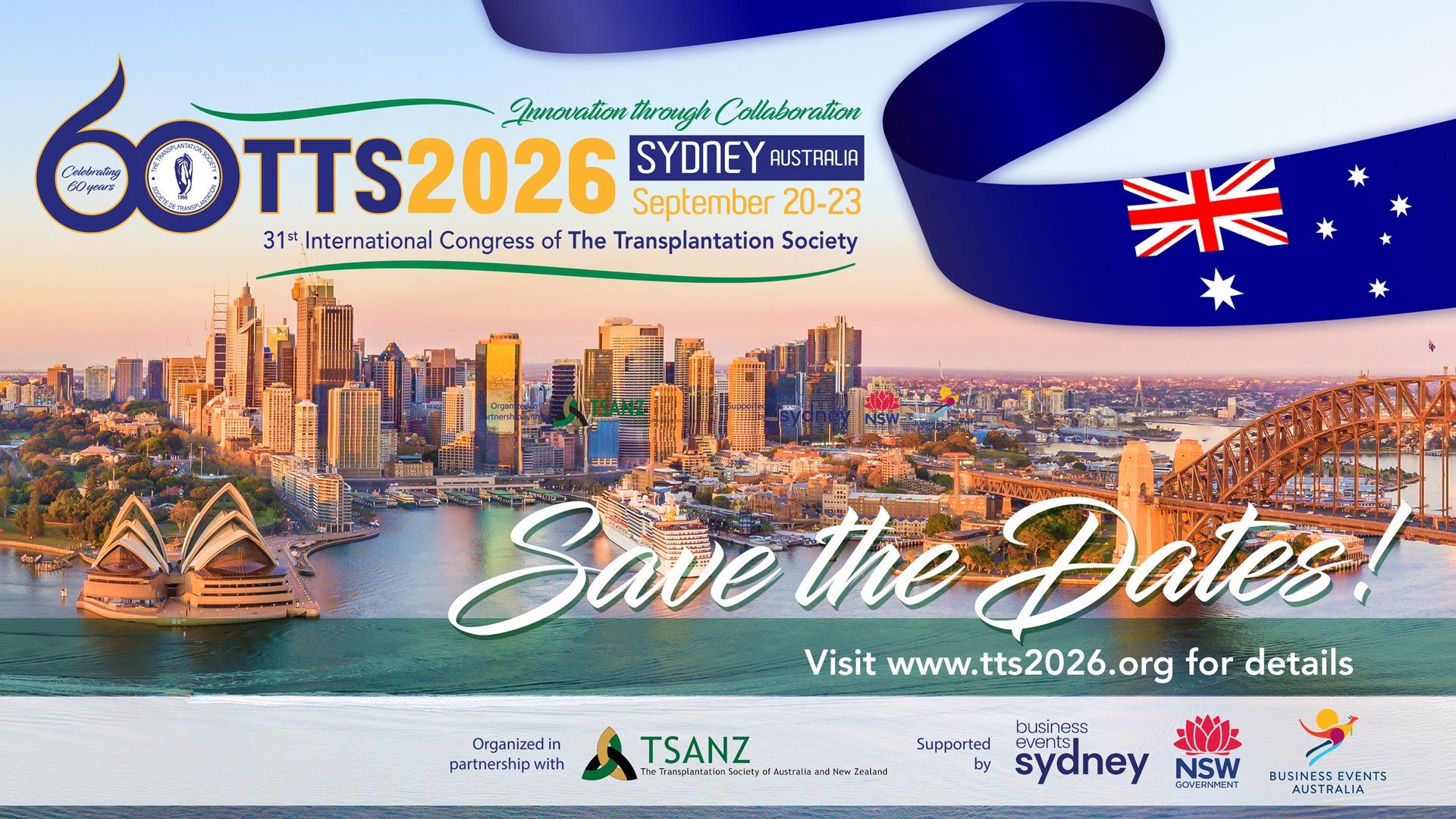


IPTA 2025 - Quick Recap and a Message from the Immediate Past-President
Dear All,
Thank you all for making the IPTA Congress such a remarkable success, with a record number of abstracts and more than 500 participants. We enjoyed an inspiring blend of scientific and personal exchange, and the social events truly helped bring the IPTA community closer together.
The opening ceremony was a particular highlight, featuring Germany’s First Lady sharing her personal kidney transplant story alongside the moving performance of the RIAS choir. The beautiful weather also gave many of you the chance to explore Berlin and experience the city at its best.
Most importantly, it was your active engagement that made this congress exceptional. With this strong foundation, we are now excited to turn our efforts toward the next IPTA Congress in Charleston in 2027. I have now stepped down as IPTA President and am deeply grateful for the commitment of the IPTA Executive Committee, Council, Committees, Communities, and the many individual members. Over the past two years, we have achieved several important improvements together, and I look forward to continuing to support IPTA in different roles in the future. I now pass the reins to Dr. Katherine Twombley.
Yours sincerely,
Lars Pape
IPTA Immediate Past-President

New IPTA Executive Officers and Council
It is our great pleasure to welcome our new Executive Council for the terms 2025-2027!
Officers

Please also see our new Council formation below, with their terms:
Councilors
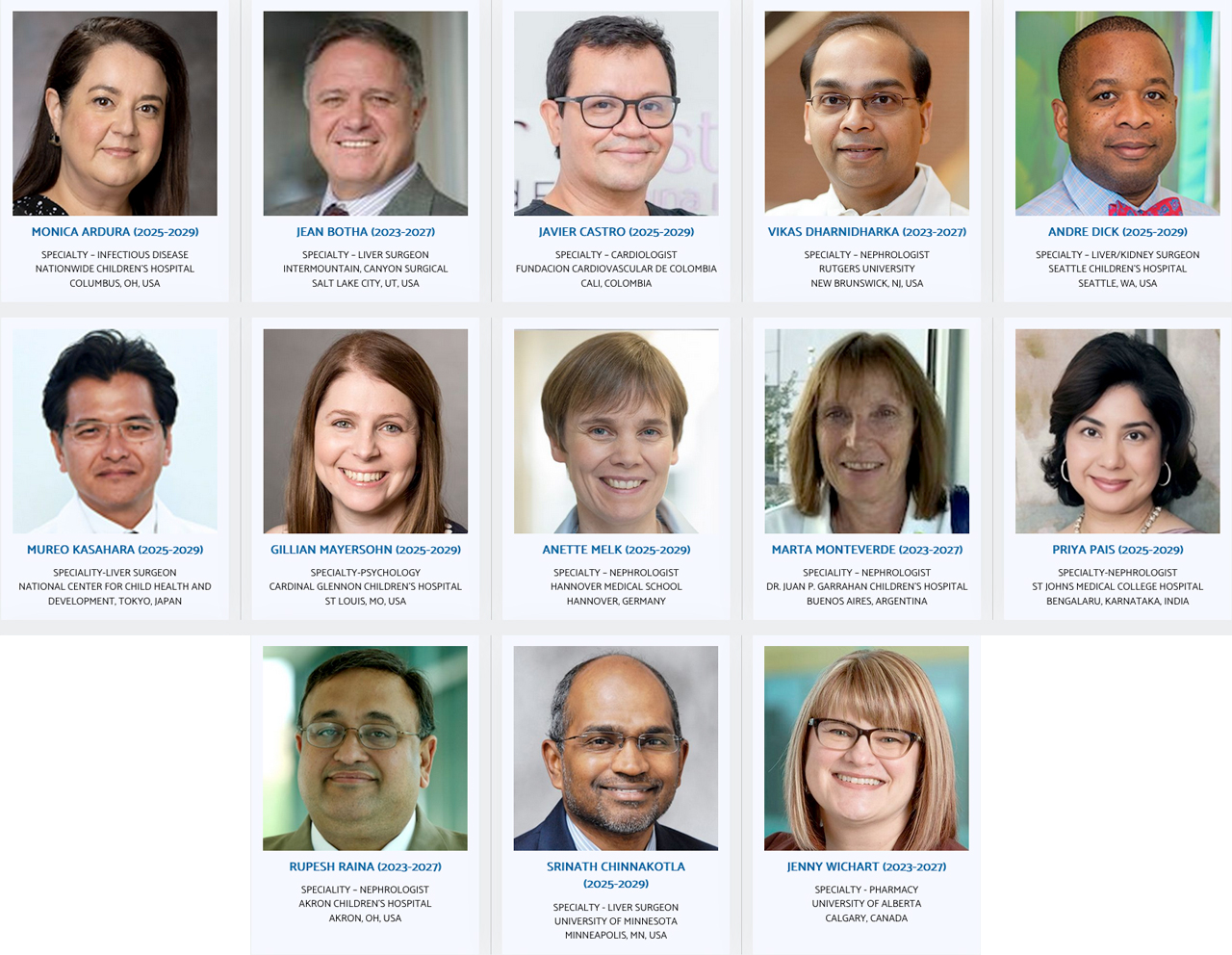
Ex-Officio Journal Representatives

We look forward to all we will achieve together.

New IPTA Committee Members
We welcome the following new members to their respective committees:

Katie Haubrich (Canada), Janine Sawyer (Australia), and Alison Schwartz (Canada) join the committee.


Rupesh Raina assumes a new role as Council Liaison and SMARTER Ambassador.

Laura Beresford (Canada), Hee Gyung Kang (Korea) and Maria Constanza Basto (Colombia) join the committee.

Monica Ardura re-joins the Committee as Council Liaison, Einar Hafberg (UAE) and Massimiliano Bertacchi (Switzerland) join the committee.


All current IPTA Committee formations can be found here:
CLICK HERE TO GO TO THE COMMITTEES PAGE
The next call for IPTA Committee members will be in April 2026.
If you are interested in joining an organ-specific Community, please reach out to IPTA’s Section Manager Katie Tait at sections@tts.org. More information on the Communities can be found here:

IPTA Nominated Awardees
We congratulate the following winners of our IPTA awards, as nominated by you, our members.
Many congratulations to all on their outstanding achievement!

Low-Density Lipoprotein Apheresis for Recurrent Nephrotic Syndrome in Pediatric Kidney Recipients: A Systematic Review and Meta-Analysis
The benefits of low-density lipoprotein apheresis (LDL-A) for the treatment of recurrent focal segmental glomerulosclerosis (rFSGS) in pediatric kidney transplant recipients are uncertain. Although recurrent FSGS is one of the leading causes of graft loss in children after kidney transplantation, there is no standard of care for management, and clinical outcomes have been highly variable among pediatric kidney transplant recipients who have received plasmapheresis, rituximab, or intensified immunosuppression. LDL-A is an extracorporeal therapy approved by the FDA for the treatment of FSGS in children. LDL-A has been used on an individual basis in the transplant population, but its efficacy and role in the treatment of rFSGS have not been well established.
In a recent systematic review and meta-analysis, Dr. Priya Verghese and colleagues at Ann & Robert H. Lurie Children’s Hospital and Northwestern University Feinberg School of Medicine aimed to determine the benefits of LDL-A for children with rFSGS. The team searched Ovid MEDLINE, CENTRAL, Embase, CINAHL, and Scopus (Updated May 14, 2024) for all available studies that included children (age <18 years) with rFSGS and treated with LDL-A. Seven studies were included that had 24 children who received a kidney transplant and were diagnosed with rFSGS. The quality of each study was assessed for bias and data quality, and outcomes were evaluated for remission at follow-up. Remission was defined by urine protein-to-creatinine (UPC) ratios at follow-up (complete remission, UPC <300 mg/g; partial remission, 300–3500 mg/g; no remission, UPC >3500 mg/g).
The outcomes were as follows: Complete Remission was observed in 46% of the patients; Partial Remission in 38%; and No Response to therapy in 16%. The overall response rate was 84%. In patients with follow-up of more than 6 months, the rates of Complete Remission and Partial Remission were even better (50% and 44%, respectively). The studies included in the analysis had a moderate to high risk of bias (as described in the flowchart). This is attributed to the small sample sizes as well as heterogeneity in the treatment regimens used (frequency of LDL-A and treatment duration; some studies used in combination with other immunomodulatory drugs). The collective outcome from all the studies indicates a reasonable degree of success for LDL-A as a potential adjunctive therapy in the management of post-transplant rFSGS. While the data are very encouraging, the review clearly calls for standardized LDL-A protocols and prospective multicenter studies to investigate further the ideal timing of treatment, the duration of treatment, and the definition of long-term outcomes. With rFSGS remaining a major post-transplantation challenge in pediatric renal transplantation, this review study reiterates the role of complementary innovative extracorporeal strategies, such as LDL-A, alongside existing immunosuppressive regimens, to improve graft survival and patient outcomes.
This review represents a significant step forward in consolidating global experience with LDL-apheresis in pediatric transplantation. It also aligns with the International Pediatric Transplant Association (IPTA)’s mission to promote evidence-based therapies and collaborative research. Interested investigators and clinicians are encouraged to engage in future multicenter efforts exploring LDL-A and other extracorporeal modalities in recurrent nephrotic syndrome and antibody-mediated renal diseases.

Committee Update
We’re pleased to share exciting developments from the IPTA Outreach Committee, reaffirming our commitment to expanding pediatric transplant capacity globally.
There are 2 flagship IPTA Outreach Awards – the Outreach Fellowship awards (for individuals from low resource settings to train with a supporting outreach mentor) and the Outreach Program awards which provides funding support to pair an emerging transplant centre with an experienced supporting centre.
Earlier this year we received many applications for the 2025 Outreach Fellowship awards. Again we were able to support not two, but three applicants!
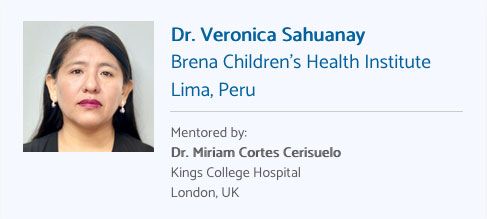
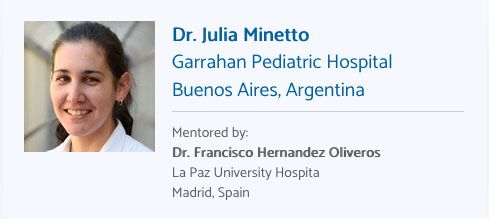
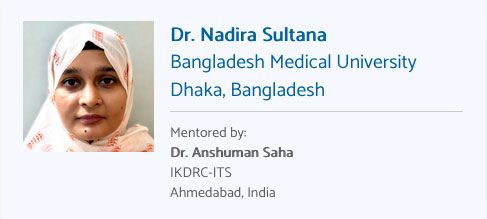
Hot off the press, here are the winners of the 2025 Outreach Program awards
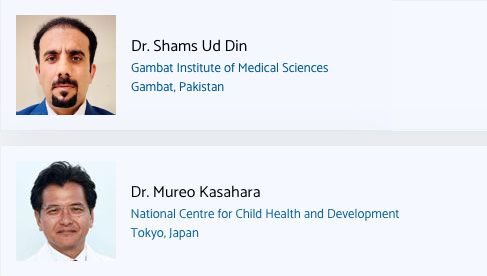
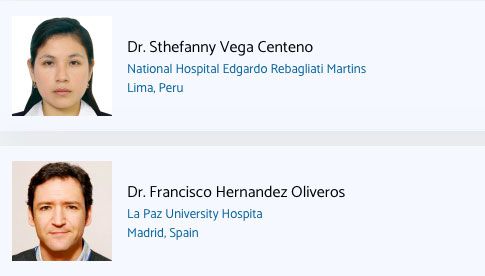
Our participation in Berlin at the IPTA Congress
The Outreach Committee hosted an Outreach workshop on overcoming resource barriers titled ‘Breaking down barriers to transplant in low resource settings’ and an Advocacy workshop on global insights on pediatric transplant prioritization.
In the future, we also plan to bolster program visibility through participant stories, webinars, and media features tied to our Congress presence. We need more supportive centres to participate in the outreach programs. Please visit this link to learn more about the IPTA Outreach programs and support these initiatives.

Mentoring Program and update on Publications Committee switch to Careers and Mentoring Committee
At the last IPTA Council meeting in Berlin, held during the 13th Congress of the International Pediatric Transplant Association, a new chapter for IPTA began: we are proud to announce the formation of the Careers and Mentoring Committee!
This committee is dedicated to fostering academic career development and mentoring within our community. Its mission is to guide the IPTA Council on matters related to professional growth, and to lead initiatives that strengthen the visibility, engagement, and advancement of early- and mid-career members. Through structured programs and active mentoring, the committee aims to create opportunities for learning, collaboration, and leadership — ensuring the next generation of pediatric transplant professionals can thrive.

The new committee continues and expands the IPTA Mentoring Program, which was initiated by Dr. Anette Melk, based on ideas from Dr. Luca Dello Strologo and Dr. Chesney Castleberry. The Careers and Mentoring Committee evolves from and replaces the previous Publication Committee, building on its mentoring initiatives and further strengthening IPTA’s commitment to career development and professional growth. In its first cycle, eight mentors and eight mentees took part. Four mentees received travel scholarships to the Berlin Congress, and six presentations were delivered — a strong testament to the power of mentorship within our field.
We are now preparing for the next cycle of the IPTA Mentoring Program, and warmly invite both mentors and mentees to take part! To apply, please contact: ipta-mentoring@mh-hannover.de

Committee Update
The multi-organ transplant (MOT) committee, currently in its third year, has 16 committee members who are tasked to explore issues related to multiorgan/multivisceral transplantation in the pediatric transplant population. This past year, we presented a literature review titled “The Pediatric Intestine-Inclusive Multiorgan Transplant” in the spring and submitted 3 session proposals for the annual meeting in Berlin, of which 1 was accepted. At the Berlin meeting, MOT held an in-person MOT committee meeting and strategized 2026 project proposals, which include creation of a potential multi-organ listserv for peer-review of complex multiorgan cases, sponsorship of a multi-visceral webinar, and creation of a research project focused on combined organ transplant in very young children. If you are interested in working on either of the upcoming projects or would like to join the community once it is established, please reach out to Irene Kim (Irene.Kim@cshs.org) or Alisha Mavis (Alisha.Mavis@advocatehealth.org).
Past Issues
IPTA Newsletters
- IPTA Newsletter - December 2025
- IPTA Newsletter - October 2025
- IPTA Newsletter - June 2025
- IPTA Newsletter - March 2025
- IPTA Newsletter - December 2024
- IPTA Newsletter - October 2024
- IPTA Newsletter - May 2024
- IPTA Newsletter - February 2024
- IPTA Newsletter - November 2023
- IPTA Newsletter - September 2023
- IPTA Newsletter - May 2023
- IPTA Newsletter - March 2023
- IPTA Newsletter - December 2022
- IPTA Newsletter - October 2022
- IPTA Newsletter - July 2022
- IPTA Newsletter - May 2022
- IPTA Newsletter - December 2021
- IPTA Newsletter - October 2021
- IPTA Newsletter - June 2021
- IPTA Newsletter - October 2020
- IPTA Newsletter - June 2020
- IPTA Newsletter - March 2020
- IPTA Newsletter - December 2019
- IPTA Newsletter - September 2019
- IPTA Newsletter - July 2019
- IPTA Newsletter - April 2019
- IPTA Newsletter - December 2018
- IPTA Newsletter - September 2018
- IPTA Newsletter - June 2018
- IPTA Newsletter - March 2018
- IPTA Newsletter - December 2017
- IPTA Newsletter - September 2017
- IPTA Newsletter - December 2016
- IPTA Newsletter - September 2016
Contact
Address
International Pediatric Transplant Association
c/o The Transplantation Society
740 Notre-Dame Ouest
Suite 1245
Montréal, QC, H3C 3X6
Canada




